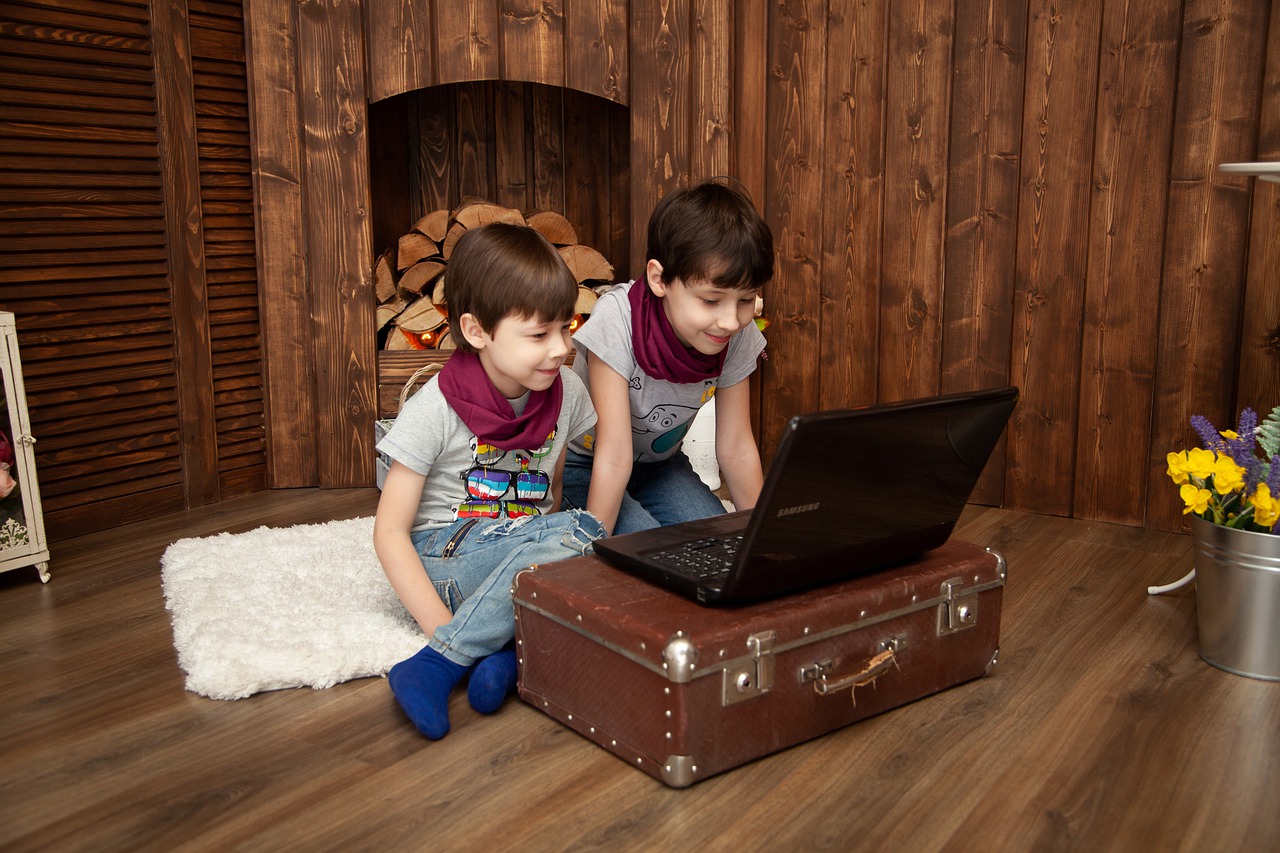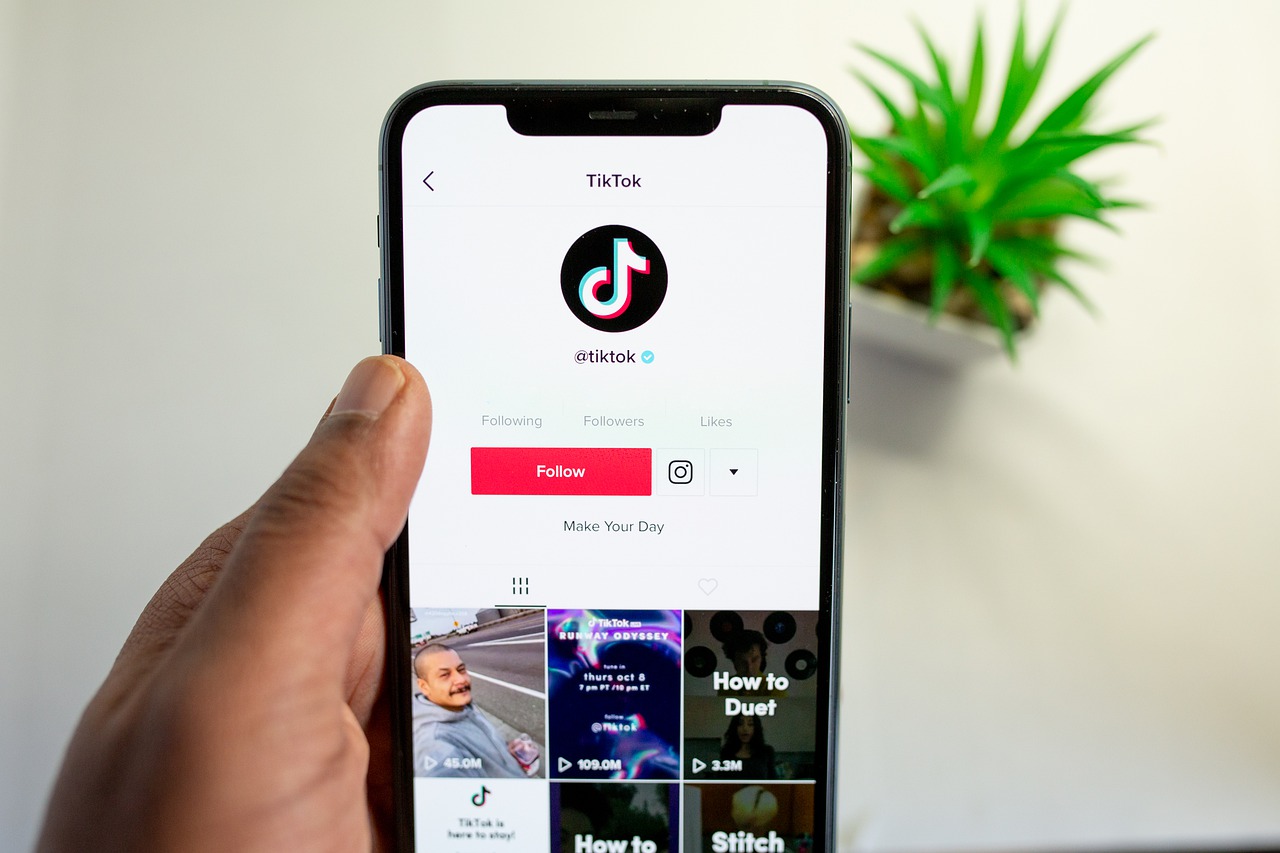
Mobile Games, Kids Videos, Sedation Media
Are you interested in having a closer connection with your parents or your children? Are you frustrated about your family relationships, do you feel that they don’t understand your perspective.
Today we’ll help you relate by answering the most searched for “why do parents hate…” questions. We will provide context to the parent perspective, and help you set shared goals for independence and responsibility together.
Congratulations for investing in your future today by joining us on Ai Parenting Live. We are a judgement free community moving from screen time to quality time, our motto is don’t sedate, relate to create. Today’s episode is going to be different because we’re going to be relating by answering the most popular searches for “why do parents hate…” since this question is written from the perspective of the child I’m going to answer the question directly. When I refer to YOU I mean the child, when I refer to WE or US I mean us Parents. For the parents listening, it may not sound like I’m speaking directly to you but I’d encourage you to think about how you would have similar conversations with your child.
If your frustrated about the relationship you have with your parents or your children, or if you feel like they don’t understand your perspective. I’m here to say that we’re doing our best in a tough situation. No one prepared us for how Ai would change our world. Ai today determines what we watch, how we play / who we play with, how we learn / teach / test, who we friend / date, and how we work / get paid. We could not have predicted how big tech would concentrate power by harvesting our data and controlling what we pay attention to.
Parents today are a unique generation that didn’t grow up in a world or smartphones, social networks, and Ai. However, this is all you’ve ever known. Since parents remember growing up without tech the world today does not seem normal to us.
As social activities happen more online you’re develop new words, memes, and culture. This is making it harder for parents to even speak with you. This is leading to a Great Divide between you and your parents. Leading to more frustration, yelling, and anxiety.
We’re live to answer your most urgent questions. I’m going to ask for your participation in the chat because that’s how we can learn and grow together. You’ll get a lot more from our time together if you’re actively and asking questions in the chat.
Today we’ll explore the top three auto-completes to “why do parents hate…”
- Video Games like Roblox
- YouTube channels like Calliou
- Social Media like TikTok
Let’s jump into the first category

Mobile Games – Public to Private
When I was growing up, consoles and computers were expensive so there was usually only one shared with the whole family. Technology in the home was purchased to be shared with everyone.
This meant that every game we played was public, our parents may not have known all aspects of the game but they would at least be able to talk to us if we got or upset because of the game. There was a built in assumption that what we did with computers or game consoles was public. So there was a strong level of accountability for our digital actions.
Over time, laptops were introduced and they become smaller and more affordable. Suddenly our actions online were assumed to be private, no one should know about them except us. This expectation of privacy from your own family only grew with the arrival of smartphones and laptops behind closed bedroom doors.
You may have heard the quote “you are the average of the five people you spend the most time with, and that means everyone in your life counts” by rewowned businessman and speaker Jim Rohn [1]
Research from UC San Diego and Harvard Medical School revealed how even friends of friends can impact our behaviors. If you were friends of a smoker you were 61% more likely to be a smoker yourself, if a friend of a friend smokes then 29% more likely be a smoker, now if a friend of a friend of a friend smoked you were still 11% more likely to be a smoker even if you had never met this person before. Researchers saw a similar pattern in obesity and happiness [2].
Is this making sense? The network of your peers has a direct impact on your behavior. It will rub off on you a little even if you’ve never met them.
Parents can get anxious when we see our children playing a lot of video games because we don’t know who you are hanging out with. Are they people who lift you up and challenge you to reach even higher or are they people who take you down and make you feel sad?
Parents are not hating on games but if you’re spending more time on Roblox than you are with your family then we’re not going to be feel good about it.
More anonymous games means more risky behaviours and feeling more disconnected from the consequences of our actions.
What happens when others feel that they can do what they want without consequences? They end up saying things to others that they would never dare to do in person. Why do people engage in bullying? Well for the bully, tearing others down means that they can borrow your status and that they feel better about their own possibly limited self-esteem.
If you’re experiencing bullying I’m here to say that you are not what others say about you online. You are valued even if you don’t think that right now. If you don’t have anyone you feel you can speak to right now there are people who love and care about you and want to help. Youth line has a teen to teen service that you can text 839863 there is also a crisis text line 741741 in US and 686868 in Canada [3].
We parents genuinely want to learn more about your friends and their parents. This provides accountability if something bad happens online. It gives another parent that we can reach out to so that there is potential consequences for what happens online.
The more time we spend with people that we can meet in person the more accountable they will be for their actions online. It’s normal to seek independence and privacy as we get older. When you share with your parents about how you handled a situation online you’re showing that you’re already being responsible on your own.
If we develop a habit of talking about who we connect with online what happens, we will have a support network to help us when something really bad does happen. We’re on your team even though it may not seem that way all of the time.

Why Parents Hate Caillou and Peppa Pig
When we were growing up Cable TV was the norm, we would watch the same episodes as our friends so there was a common ground of what we would talk about. Television shows were required to have a rating to make sure that they were age appropriate. This means that all of the content was carefully reviewed by content raters, and often shows were revised so that they would get a lower age rating so it could appeal to more students.
Today over 500 hours of video is uploaded to YouTube every minute [4], it’s no longer possible to review all of the content uploaded, so we rely on Ai to make automatic decisions for us. These decisions are based on how much time you spend watching certain shows, the longer you spend watching the more ads that can be presented and the more money YouTube makes. This means what you get presented next on YouTube does not depend on content ratings by people, but what makes you watch longer.
There’s an evolutionary explanation for the aggressive and promiscuous Elsagate videos on YouTube. Since we don’t consciously control the milliseconds that we spend watching videos, our unconscious animal instinct takes over. Aggression is connected to survival, and arousal is connected to reproduction.
So how does this connect to animated characters like Caillou and Peppa Pig? It means that shows where the main character is mean to their siblings, not sharing their toys, or saying mean things to parents will generate more watch time. Blippi is another example of extreme aggression where he exists in a world focused on things like fire trucks and helicopters rather than people. In this case Blippi exists in a world where everyone else who might compete for those toys has been defeated.
Contrast this with your Parents being exposed to Sesame Street as children and you’ll see that a lot of the focus was on modeling how to relate with others. This reinforces what parents are already saying so it’s not going to generate as much watch time and something that’s the exact opposite.
I mentioned before how we are really the sum of the network closest to us. If we spend a lot of time watching an influencer on YouTube we are likely to take on some of their habit as well. Let’s make sure that they are the person that we want to be before investing the time.
Parents are curious about your interests, we want to see how we can help you achieve your goal. If we build a habit of teaching what we learn online, we’re going to remember what we watched because we’ll be using it right away.
We can sit for hours watching video after video and not learn anything. Our brains are incredibly efficient at forgetting things that we don’t use. So it’s better to start doing something first and then watch videos about the skill that you’re missing rather than watch a bunch of videos first.
You see a lot of influencers who are wildly successful on YouTube or Twitch, so it seems like success online should be easy. A 2018 study from Germany found that 96.5% of creators did not make enough to surpass the US Poverty line. Only those with more than 1.4 million monthly views saw enough ad revenue to make it above the US Poverty line.
Every breakthrough YouTube creator has some unique advantage that they have grown over time, so grow your skills first. Then it’s good to have multiple ways to monetize that skill so that if YouTube changes the way they pay creators you have a backup just in case. This could be a merch store, an online course, or a patreon. You’ll have more stability if you have recurring revenue.
The number of non-paying subscribers is simply a vanity metric, having millions of non-paying subscribers feels good but it doesn’t necessarily put a living wage into your hands. So maybe don’t expect that to be your main source of income to start. Test the value hypothesis and figure out what you can do better than everyone else that people will pay for. If you’re not sure where to get started chat with your followers, find out what they would like to see from you.
Next let’s talk about Social Media

Why parents hate social media like TikTok
Tik tok is an interesting platform because it makes it easier to move from video to video while using milliseconds of watch time to decide what to show you next. This leads to more aggressive and suggestive content. But what can you do when your friends are regularly posting on Tik Tok?
You can still be active by commenting rather than posting yourself, however if you want to post things just keep in mind how it might be used against you in the future.
Look, I get it, parents also did things when we were young that we aren’t proud of. Some of it is saved in photo albums, some of it is stored online. I’m guilty myself of having embarrassing videos of me archived on the ACM digital library.
The key was that employers generally went off what you wrote on your resume and your interviews, so you could clean things up when you applied for a job. Since we didn’t have a lot of online job boards, employers had less selection. However, now we’re in a globally competitive work environment so it’s normal for employers to look at your social profile to get more information.
What this means is that we need to consider how our social media profiles look from the perspective of a potential employer. Are you the kind of person that a company would want to hire 10 years from now or 5 years from now? We know that politicians have been grilled over photos or statements that were taken over 10 years ago when they were a different person.
We’re not on social media to be famous, others can be famous and broke. We want to use social media to make recurring revenue. Even if we are interested in freelancing or starting our own business, it helps to see the LinkedIn profile of people who have already made it. What skills did they develop? What do they sell? How do their posts help their business?
What do you think would help their business the most today? The goal is to see if there’s some value that you can add to the influencer so that you can learn more from them. Make sure that you are adding value with every message.
For example, let’s say there’s a business owner that you really like on TikTok, what kinds of things do they share on Tik Tok? What comments do they get? What are their goals and gaps could you fill to help them their goals faster? The key here is that people are more accessible than ever so it means that we need to be that much better at getting the point of why we’re passionate about their interests and where we think we can add value.
Talk to you parents about your goals with social media, we would love to help you succeed or find someone who could help you get to your goals quicker. I was really blown away at the number of parents bringing their kids to vidcon to help them learn more about growing their influence.
We parents are your biggest cheerleaders, we believe in you even when no one else does. Getting us on your side will help us build connection with you and potentially create something that everyone can feel good about.
Maybe you’re hesitant to cold pitch inflencers, having a parent that you role play with can make a huge difference for your confidence. The first few times will be rough so why not start with the most forgiving audience?
Now let’s talk about next steps of being a social networker.
CTA: Be a Social Networker
How do we prepare for this emerging world of being a social networker?
How do we protect ourselves online when it was revealed this week that Facebook leaked the personal information of 500 Million users, a data dump that they’ve known about since 2019 by the way.
Many network professionals work with the assumption that your data is already compromised and try to reduce what people will get. Maybe this means having less photos of you online and more images of the work that you’ve created.
It might also mean using counterintelligence to use false data so Ai doesn’t fill in the blanks for you. It’s also about learning more about understanding what kind of content Ai prefers to show us and how that impacts our mood.
It’s also about taking regular breaks from tech so that we can reflect.
If any of these sound like something you’d be interested in. I’d like you to apply for Ai Parenting Insider, we are going to offer a unique code for the Social Networker License course designed to give you all the tools to navigate social networks safely and create a profile and portfolio that employers will love.
As a bonus, I’ll also send you a free quality screen time chart for applying to Ai Parenting insider if you apply this week.
Thank you for joining, I’m looking forward to our session next week where we’ll speak to Code Equity: Keying Girls into Coding author Tara Linney.
Thank you, we love you all. See you next week.
References
- Jim Rohn Quote: https://medium.com/the-mission/youre-not-the-average-of-the-five-people-you-surround-yourself-with-f21b817f6e69
- Study on how peers impact our Happiness https://www.bmj.com/content/337/bmj.a2338
- Crisis hotlines https://www.cnet.com/health/suicide-hotlines-crisis-hotlines-to-call-or-text-when-you-need-help/
- 500 hours of video uploaded every minute https://www.statista.com/statistics/259477/hours-of-video-uploaded-to-youtube-every-minute/
- Elsagate https://en.wikipedia.org/wiki/Elsagate
- Salary of those on YouTube https://www.digitalmusicnews.com/2018/02/27/youtube-top-creators-revenue/
